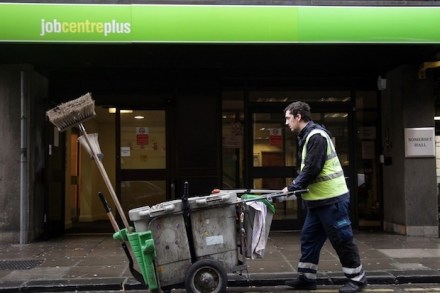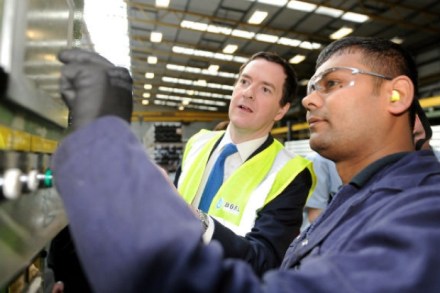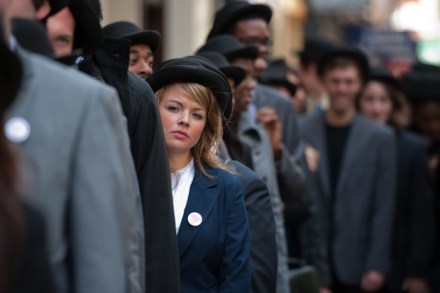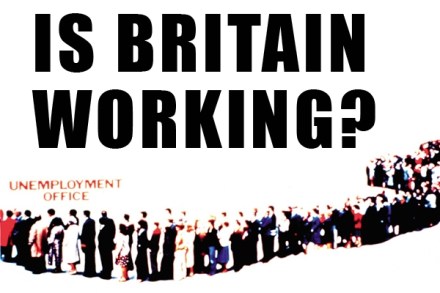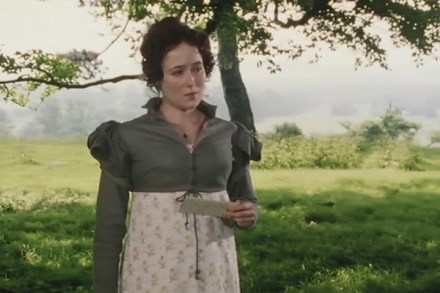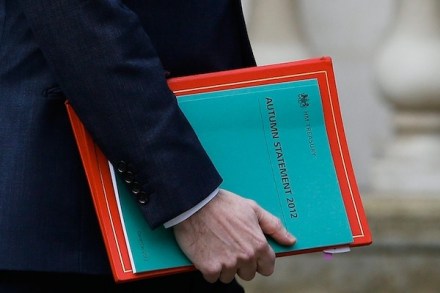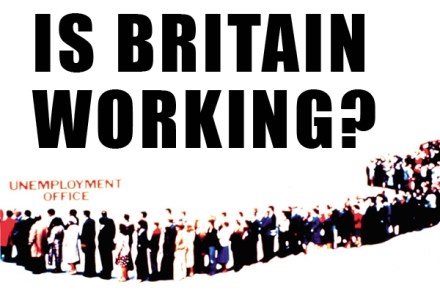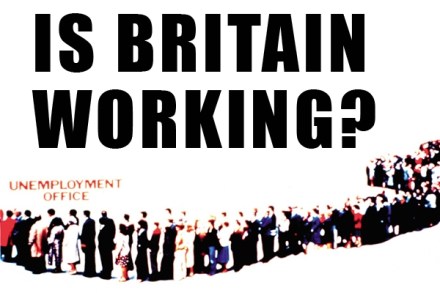Jobs figures: good news on unemployment, bad news on wages
Today’s labour market figures have enough in them for both sides of the political debate to feel they’ve got something to run with. First, the jobs: the overall unemployment rate fell to 6.4% in the second quarter of this year, the lowest since the end of 2008. There are 820,000 more people in work than a year ago. The number of young people out of work is 200,000 lower than last year, which is the biggest fall since records began 30 years ago. And the Bank of England has just upgraded its growth forecast for the UK this year from 3.4% to 3.5% and from 2.9% to 3% for next
